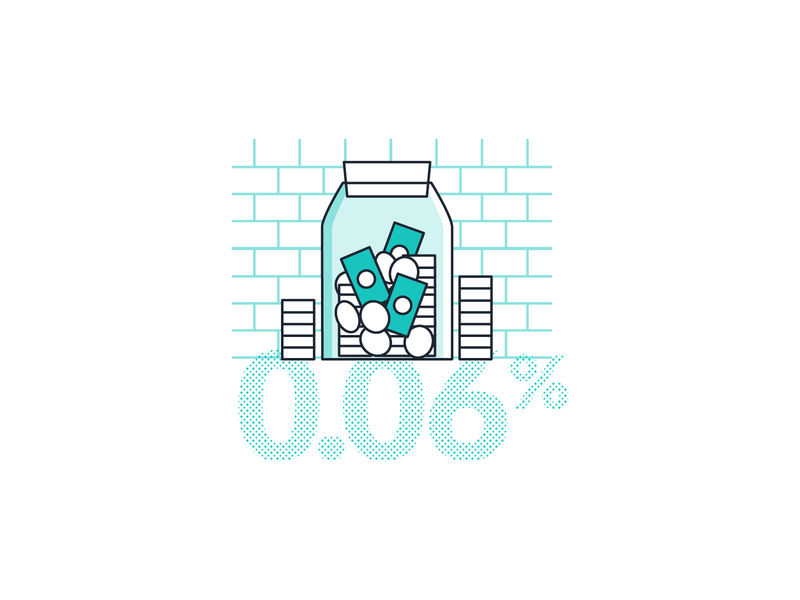The Effects Of Falling Short To Fulfill Efficiency Bond Commitments
The Effects Of Falling Short To Fulfill Efficiency Bond Commitments
Blog Article
Composed By-
When a surety problems an efficiency bond, it guarantees that the principal (the party who acquires the bond) will meet their obligations under the bond's terms. If the major falls short to meet these responsibilities and defaults on the bond, the surety is in charge of covering any type of losses or damages that result.
1. Loss of reputation: Back-pedaling an efficiency bond can harm the principal's track record and reputation, making it more challenging to secure future business or financing.
2. Legal and management prices: The surety may require to pay lawful and management costs connected with pursuing the principal for problems or attempting to remedy the situation.
3. Monetary losses: The surety may require to cover the expense of completing the job or offering the solutions that the principal fell short to deliver. This can cause substantial monetary losses for the surety.
4. Boosted costs: If the principal has a background of back-pedaling performance bonds, they might be needed to pay greater costs in the future to obtain the essential bonding.
Generally, defaulting on an efficiency bond can have major monetary effects for both the principal and the surety. It's important for principals to carefully consider their obligations and guarantee they have the ability to satisfy the regards to the bond to stay clear of these adverse results.
Defaulting on an efficiency bond can be an expensive misstep for services. When you stop working to fulfill the bond's commitments, the economic repercussions can be considerable. From paying the full bond total up to potential legal battles and damaged relationships, the consequences can resound throughout your company procedures. Understanding the intricate internet of monetary effects that defaulting on an efficiency bond can have is critical for guarding your business's economic health and wellness and credibility.
Financial Penalties for Defaulting
If you back-pedal a performance bond, you'll likely encounter significant punitive damages. These fines can vary relying on the terms of the bond arrangement but usually involve paying the bond amount completely to the obligee. This means that if you stop working to meet your contractual responsibilities, you must pay the bond amount to the project owner or the entity that called for the bond.
In addition, you may also be responsible for any extra expenses sustained by the obligee due to your default, such as locating a replacement professional or covering job delays.
Defaulting on an efficiency bond can also result in lawful costs and court prices if the obligee chooses to take legal action versus you to recuperate the bond amount. These expenditures can rapidly accumulate, more intensifying the economic effect of your default. It's important to very carefully evaluate and recognize the regards to the efficiency bond to stay clear of these extreme financial penalties.
Influence On Business Capital
Defaulting on a performance bond can substantially influence your service cash flow, affecting monetary stability and functional capacities. When you default on a performance bond, you run the risk of losing the bond amount, which can be a considerable amount. This loss directly impacts your capital, as you'll require to locate alternate sources of funding to cover the bond quantity. In addition, defaulting can bring about raised analysis from sureties, making it harder and extra expensive to safeguard bonds in the future. This can further stress your capital as you may require to allot extra sources to satisfy bonding demands.
The effect on your cash flow doesn't quit there. webpage on a performance bond can likewise cause project delays or cancellations, resulting in a loss of profits. Additionally, performance and payment bond cost that comes with failing can hinder possible customers, further minimizing your cash flow. On the whole, defaulting on a performance bond can have detrimental impacts on your organization's financial health and capability to run smoothly.
Legal Implications and Claims
Facing legal ramifications and prospective suits due to back-pedaling a performance bond can dramatically influence your organization's online reputation and economic standing. When you back-pedal a performance bond, the guaranty company may take lawsuit to recuperate the bond amount paid out. This can cause pricey lawful charges, court costs, and potential settlements or judgments versus your service.
In addition, back-pedaling a performance bond may cause damaged connections with customers, subcontractors, and providers, affecting your ability to safeguard future agreements. Suits arising from bond defaults can stain your organization's reliability in the market, making it testing to bring in new partners or clients.
Additionally, if the default results in a court judgment versus your organization, it could cause property seizure or liens, further straining your monetary security. As a result, it's important to understand the legal ramifications of back-pedaling an efficiency bond and take aggressive actions to alleviate the risks involved.
Conclusion
As you face the consequences of back-pedaling an efficiency bond, remember this: it's like walking a tightrope without a safety net. One wrong action can send you dropping right into a monetary freefall, with no method to quit the fall.
The financial penalties, cash flow effect, and legal ramifications are all waiting to catch you if you slip up. So tread thoroughly, and constantly honor your dedications to stay clear of the extreme repercussions of default.
